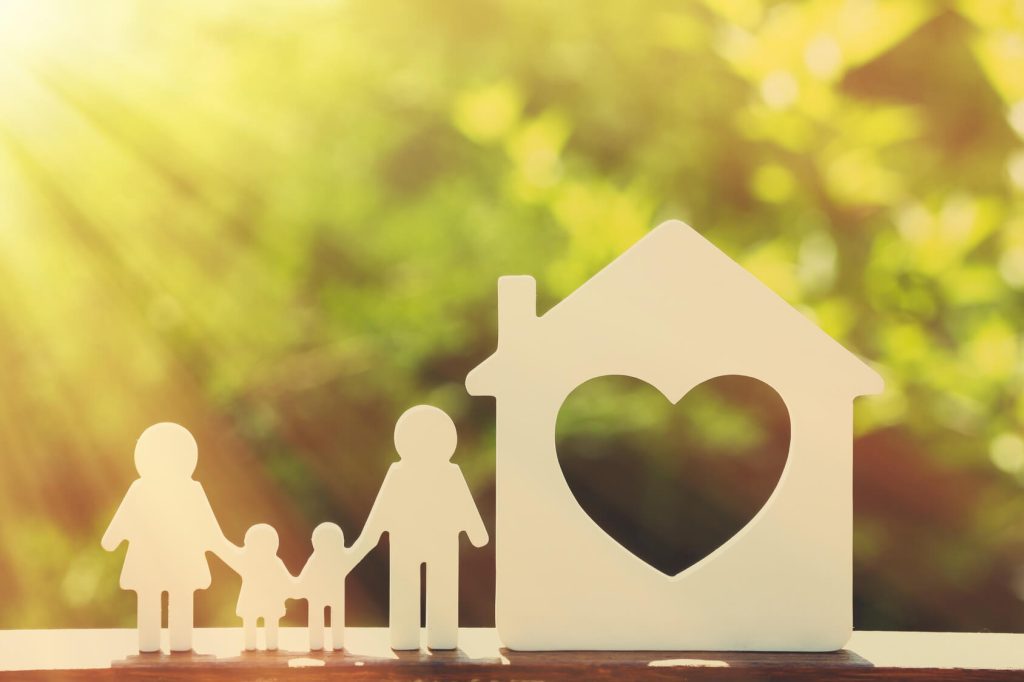
Home Search Tips for Those Focused on Preparedness
Scouting for a home with preparedness in mind goes beyond the usual home-hunting checklist. We’ve all experienced the thrilling yet taxing process of moving homes.
Last August, my family transitioned from Northern Alabama to Central Florida. Our primary requisites to our agent included a 4-bedroom open layout, 2 washrooms, a fenced yard, and a convenient work commute for my spouse.
However, being proactive thinkers, we also had a unique list of queries for each house, pertinent to our preparedness goals. Such inquiries are vital when relocating, more so if you’re a forward-thinking individual.
Delve into the House Details
- Storage: Storage space is pivotal. With our accumulation of supplies, where would everything go? Especially food; it’s essential it’s stored at a controlled temperature, not just any garage or shed. Is there a sizable closet for our food reserves?
- Power Configuration: What are the power sources? A mix of gas, electric, or solar? Gas is ideal for utilities since it can function during outages. And solar can be a great backup. What about other alternative power backups?
- Protection Against Local Threats: Does the house have safeguards against typical regional calamities like hurricanes or tornadoes? Each region has its risks, and does this house have the defenses to withstand them? Moreover, does it have safe spaces from potential threats?
Location-wise, consider the surroundings:
- Water Sources: Availability of an alternative water source is a boon, especially if there’s a prolonged city water shutdown. Such a source can alleviate the water storage burden.
- Flood Vulnerability: Proximity to water is good, but overabundance can be problematic. Excess rain could spell trouble, potentially hiking insurance rates. Still, some prefer flood zones, but precautions should be in place.
- Flora: Any fruit or nut trees nearby? Is there room to cultivate a garden?
- Population Count: A densely populated region could be a challenge during outages, but extreme isolation could delay aid.
- Positioning and Evacuation: Proximity to evacuation routes, especially in hurricane-prone zones, is crucial. And it’s not just hurricanes; always have an escape plan.
- Nearby Targets: Consider potential terrorism targets. Proximity to military bases, bridges, and other landmarks could pose risks. It doesn’t prohibit residence, but it’s worth considering in your preparations.
- Hazardous Material Proximity: Awareness of hazardous materials in the vicinity is essential. This includes trains, factories, and other potential risk sources.
- Cell Service: Confirm cellular reception. A consistent signal, especially during outages, is invaluable.
Neighbors and the Locale
- HOA: Living in an HOA might have its advantages, but as a prepper, it could pose restrictions. If autonomy is crucial, perhaps it’s best to avoid strict HOAs.
- Neighborhood Insights: Take time to survey the neighborhood. Observations can reveal a lot about an area. It’s also wise to explore during different times to get a holistic view.
- Crime Rates: Investigate local crime statistics. Platforms like NextDoor can give insights into neighborhood concerns.
Modifications for the Future
- Potential Upgrades: If certain aspects are lacking, can they be incorporated later? Some aspects of a house are unalterable, but others, like adding solar panels or fortifying structures, might be feasible.
Concluding Tips for Preparedness-focused House Seekers
Finding the ultimate preparedness-friendly home might be a tall order. If it exists, it might be financially steep or geographically inconvenient.
However, by mulling over the points mentioned, and being honest about each choice, you’ll discern what compromises you’re ready to make. Then, proactively strategize to reduce associated risks. Enjoy the quest!
Do you have any additional questions to consider when focusing on preparedness during house hunting?

